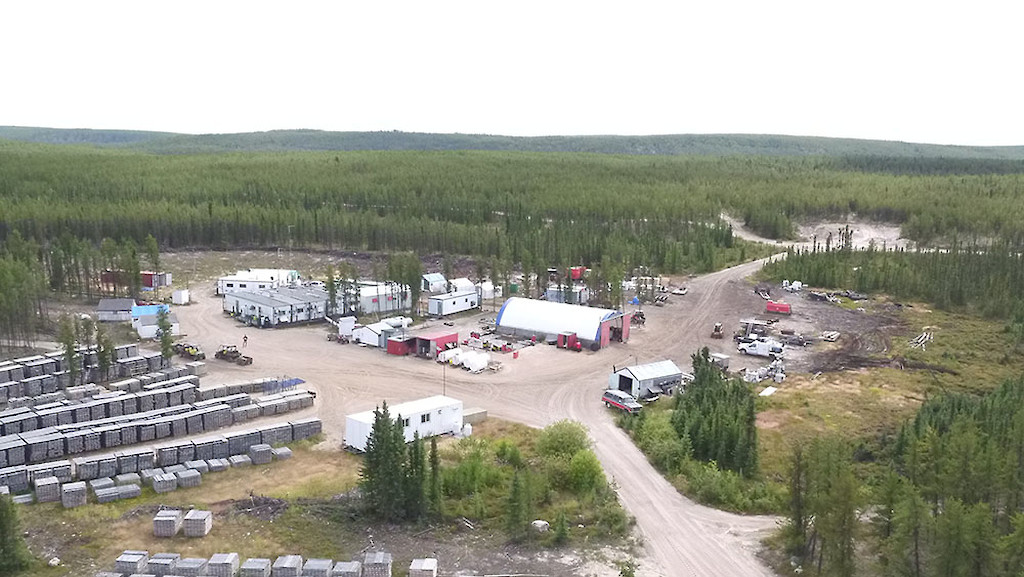Saskatchewan okays Denison’s Wheeler River ISR feasibility field test


Saskatchewan-focused uranium developer Denison Mines (TSX: DML; NYSE: DNN) has received approval to prepare, construct and operate the facilities required to carry out the feasibility field test planned for the Phoenix deposit – the first deposit identified for in-situ recovery (ISR) mining in the Athabasca Basin region.
The approval was granted by the Saskatchewan Minister of Environment and authorizes Denison to operate "pollutant control facilities" – which is typical for mining operations and allows for the management of material recovered from mineral extraction through to waste water treatment, discharge, and storage. The approval followed the completion of a process involving the review of and consultation on the company's permit application and supporting materials related to the field test.
With receipt of the approval to operate pollutant control facilities, preparation and construction of the test facilities are now fully authorized and are expected to commence shortly, Denison said.
The field testing is designed to use the existing commercial-scale ISR test pattern installed at Phoenix in 2021 to facilitate a combined assessment of the Phoenix deposit's hydraulic flow properties with the leaching characteristics that have been assessed through the metallurgical core-leach testing program. Overall, the test is intended to provide further verification of the permeability, leachability and containment parameters needed for the successful application of the ISR mining method at Phoenix, and is expected to validate and inform various feasibility study design elements – including the production and remediation profiles expected for the project.
Kevin Himbeault, Denison's VP of plant operations and regulatory affairs, said the FTT "is a key step in the process of de-risking the proposed Phoenix ISR uranium mining operation" and is expected to provide important details to support the ongoing feasibility study for the project.
"The permitting of the FFT (feasility field test) is an excellent demonstration of our team's technical and regulatory capabilities. The FFT represents a first-of-its-kind test of a uranium mining method that is new to Canada," David Cates, Denison's president and CEO, added.
Temporary surface facilities required to complete the Ftests are planned for installation at the Phoenix site during the third quarter of 2022. The procurement of necessary materials, equipment and supplies, as well as detailed engineering of the facilities are well advanced. All civil earthworks required at the site are expected to occur on previously disturbed areas, and no additional land clearing is planned.
Discovered in 2008, the Phoenix deposit forms part of Denison's 95% owned Wheeler River project located in the eastern portion of the Athabasca Basin. A prefeasibility study for Wheeler River completed in 2018 considered the potential economic merit of developing the Phoenix deposit as an ISR operation capable of producing 6 million lb. U3O8 per year over a 10-year life at an industry-leading average operating costs of US$3.33/lb. U3O8.
Details of the PFS is available on www.DenisonMines.com.
Comments